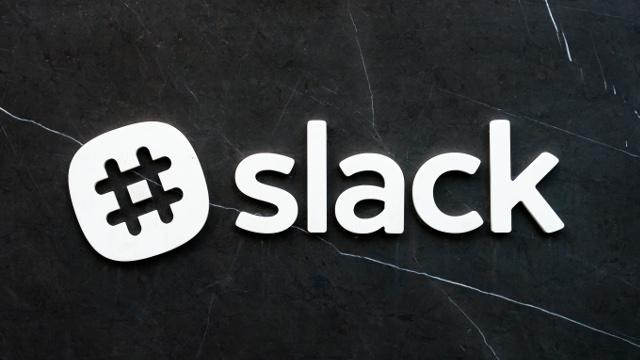
- This Public Speaking Habit Is Annoying Your Audience
When you pace too much, you’ll lose out on the opportunity to use your movement to punctuate what you’re saying. In writing, you use spacing to separate paragraphs on a page, and punctuation to build pauses into a sentence. Movement can do the same thing when you speak.
For example, suppose you said, “We have to move in new directions. We have to innovate.” If you stood still and delivered those two lines non-stop, they’d land with little impact. If added a short pause between the sentences yet remained still the whole time, you’d have a bit more impact. But if you paused and also moved between delivering the first line and the second, you’d have the most impact.
https://www.fastcompany.com/40438283/this-public-speak-habit-is-annoying-your-audience
- What is that agile certification really worth?
“Agile project success has less to do with whether or not developers are certified and much more to do with whether or not the entire organization is making the culture shift towards an agile mindset all the way from the lowest-level developer up to the CEO,” Doucette says.
Taking time as an organization to understand, adopt and apply agile principles and practices is what it’s all about, he adds; agile certification, scrum masters, agile coaches and the like are not going to be effective on their own unless there is company-wide buy-in of the principles and practices behind the methodology, Doucette says.
http://www.cio.com/article/3033058/certifications/do-agile-certifications-mean-anything.html
- How to Control Your Rage, With Buddhist and Michelin Star Chef Eric Ripert
- Senators warn FCC that it better be ready for Wednesday’s net neutrality Day of Action
Oregon Senator Ron Wyden and Hawaii’s Brian Schatz asked the commission to confirm that it won’t be caught flat-footed during Wednesday’s net neutrality Day of Action.
The two pro-net neutrality Senate Democrats cited an incident in May during which the FCC’s comment portal crashed due to what Pai described as a “non-traditional DDoS attack.” The Senators were rightfully suspicious about the supposed DDoS claim as it would have coincided with a call to action by TV host John Oliver, who urged viewers to leave comments expressing their displeasure at the FCC’s policies.
https://techcrunch.com/2017/07/10/wyden-schatz-letter-to-pai-net-neutrality-day-of-action/?ncid=rss
- The Overlooked Job Skill That Could Be the Key to Your Next Raise
A recent study out of the University of Iowa showed that those who can type quickly are more likely to emerge as leaders of remote groups. That’s a direct correlation between typing speed and being perceived as a high performer.
It goes without saying that high performers at work get promotions and raises more quickly. Thus, better typing skills should lead to higher salaries. Somewhere, Mrs. Ames is reading this and thinking, “I told you so!”
The Iowa study found that “individuals who can type faster are able to more quickly communicate their thoughts and drive the direction of a team.” In my experience, that is spot on.
http://www.thesimpledollar.com/the-overlooked-job-skill-that-could-be-the-key-to-your-next-raise/
Photo: Brodie Vissers






